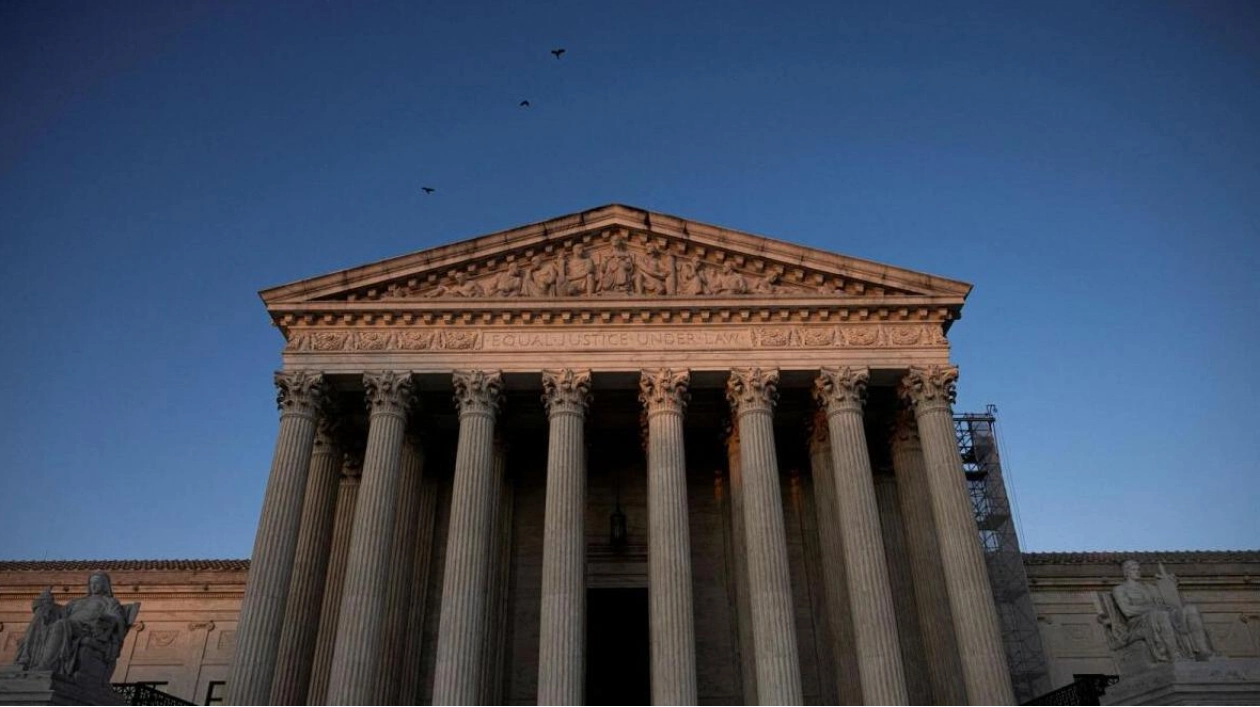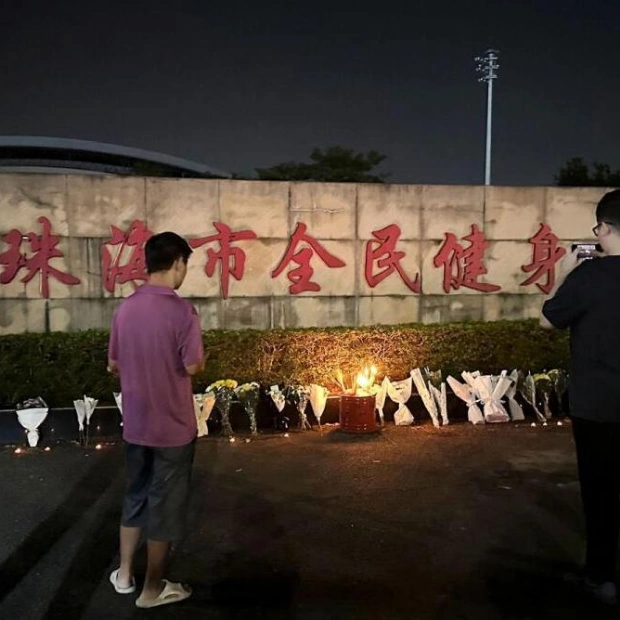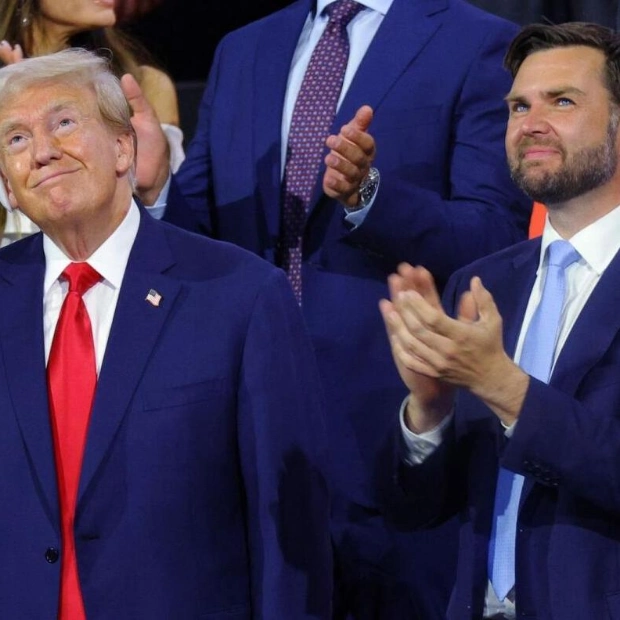The US Supreme Court's decision that a former president enjoys extensive immunity from criminal prosecution has introduced a legal complication in the cases involving Donald Trump. This ruling is expected to cause delays in Trump's ongoing trials and could potentially lead to some cases being dismissed entirely, according to legal experts. Here is the current status of the four criminal cases against the 78-year-old Republican presidential candidate:
In May, Trump was found guilty in New York on 34 counts of falsifying business records related to hush money payments to porn star Stormy Daniels, who claimed to have had a sexual relationship with Trump. Trump's attorneys promptly utilized the Supreme Court's ruling to request the judge in the hush money case to nullify the jury's guilty verdict. Judge Juan Merchan announced that he will decide on Trump's motion on September 6, and postponed sentencing until September 18 if still required. Originally, sentencing for the first criminal conviction of a former US president was set for July 11. Each charge against Trump carries a potential prison term of up to four years, but legal experts suggest that as a first-time offender, he is unlikely to face imprisonment.
Trump is also facing four federal felony charges in Washington concerning efforts to overturn the 2020 election results, which he lost to Joe Biden. The trial was scheduled to commence on March 4 but was halted pending the Supreme Court's decision on Trump's immunity claim. The Supreme Court, which includes three justices nominated by Trump, ruled that a former president has 'absolute immunity' from criminal prosecution for official acts performed while in office, but not for unofficial acts. This ruling has complicated Special Counsel Jack Smith's attempt to bring Trump to trial in the election case, as it creates a significant challenge in distinguishing between official and unofficial acts.
Additionally, Trump is accused in Georgia of participating in a criminal conspiracy to reverse the 2020 election outcome in that state, where Biden won by a narrow margin. The evidence includes a recorded phone call where Trump requested the Georgia secretary of state to 'find' enough votes to overturn the result. The Supreme Court's ruling might allow the Georgia case to proceed, as interactions with state election officials could be viewed as unofficial conduct.
Lastly, Trump faces charges in Florida for endangering national security by retaining top secret documents after leaving the White House. These documents, which included records from the Pentagon and CIA, were allegedly kept unsecured at his Mar-a-Lago residence and efforts to retrieve them were obstructed. The charges include 31 counts of 'willful retention of national defense information,' each carrying a potential 10-year prison sentence, along with charges of conspiracy to obstruct justice and making false statements. District Judge Aileen Cannon, a Trump appointee, has indefinitely postponed the trial, showing considerable sympathy towards the former president.






